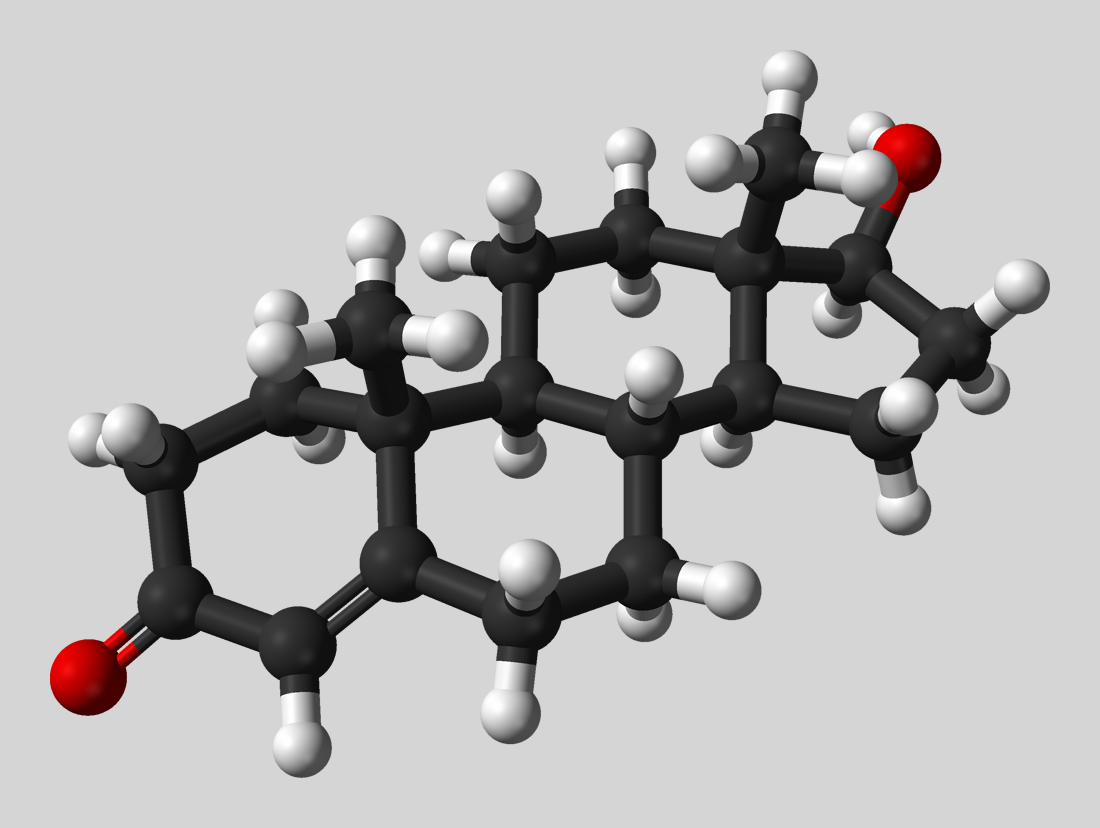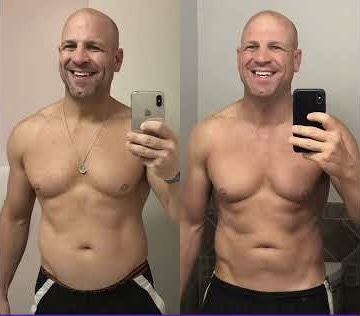As men age, it is natural for their testosterone levels to decline. Testosterone is a hormone that plays a crucial role in male development, sexual function, muscle mass, and overall well-being. However, a decline in testosterone can lead to various symptoms and health concerns. Fortunately, there are steps men can take to help reduce testosterone decline and maintain optimal hormonal balance.
Why does testosterone decline with age?
Testosterone production typically peaks during early adulthood and gradually declines with age, an average of 1.6% per year starting in the 30’s. This decline is a normal part of the aging process and is known as andropause or male menopause or testosterone deficiency syndrome. While this decline in testosterone is natural, certain factors such as obesity, chronic stress, lack of physical activity, poor diet, and certain medical conditions and medications can accelerate this process.
Although you can’t prevent testosterone from declining entirely, there are several lifestyle factors you can manage that may help maintain testosterone levels and reduce the level of decline.
Maintain a healthy weight: Obesity and excess body fat can contribute to lower testosterone levels. Engage in regular physical activity and follow a balanced diet to maintain a healthy weight. Incorporate strength training exercises to promote muscle strength and mass and thereby boost testosterone production.
Manage your stress levels: Chronic stress can certainly disrupt hormone production, including testosterone and can also lead to a lowering of testosterone levels. Practice stress management techniques through exercise, meditation, deep breathing exercises, or engaging in hobbies and activities that bring joy, relaxation and a reduction in overall stress. All stress, both good and bad can have an effect on testosterone levels.
Get quality sleep: Sleep plays a vital role in hormone production, regulation and recovery. Aim for 6-9 hours of quality sleep each night. Create a sleep-friendly environment, establish a consistent sleep routine, and avoid caffeine and electronic devices before bed.
Optimize your nutrition: Ensure your diet includes essential nutrients that support testosterone production. Include foods rich in zinc, vitamin D, magnesium, and omega-3 fatty acids. Consider adding foods like lean meats, fish, eggs, nuts, seeds, and leafy greens to your diet. If necessary, consult with a healthcare professional or nutritionist for personalized dietary recommendations.
Limit drug and alcohol consumption: Certain drugs (including prescription ones such as opioids) and alcohol consumption can negatively impact testosterone production. Certain drugs and alcohol can also trigger inflammation and oxidative stress in testes tissue leading to an increase in the amount of harmful free radicals. This can then damage the function of Leydig cells in the testes which are responsible for producing testosterone. Impaired Leydig cells then struggle to synthesize the hormone, leading to testosterone deficiencies[1] Moderate or eliminate drug and alcohol intake to support healthy hormone levels.
Avoid exposure to endocrine disruptors: Endocrine disruptors are chemicals found in certain plastics, household products, and pesticides that can interfere with hormone balance. Minimize exposure to these chemicals by using BPA-free products, leaning towards more organic foods, and using natural cleaning and personal care products.
Consider Testosterone Replacement Therapy (TRT): If natural methods are not sufficient, TRT may be an option. This involves the use of prescribed medications or hormone replacement therapy under the guidance of a healthcare professional. It is important to discuss the potential benefits and risks of this treatment with your doctor.
Stay active and exercise regularly: Regular physical activity, especially strength training exercises, may help boost testosterone levels. Incorporate activities like weightlifting, resistance training, and high-intensity interval training (HIIT) into your exercise routine. Consult with a fitness professional to help develop a personalized exercise plan.
Maintain a healthy lifestyle: Adopting a healthy lifestyle overall can contribute to maintaining optimal testosterone levels. Avoid smoking (both cigarettes and cannabis), limit exposure to environmental toxins, and manage chronic health conditions such as diabetes and high blood pressure.
Regularly check testosterone levels: If you are experiencing symptoms of low testosterone, such as fatigue, loss of muscle mass, a gain of fat around the midsection, sleep dysfunction, irritability, reduced libido, a lackluster approach to life, brain fog or mood changes (including nervousness, anxiety and depression), consult with a healthcare professional knowledgeable about testosterone treatment. They can perform a blood test to measure your hormone levels including estradiol, FSH, LH, Prolactin as well as free and total testosterone levels. They can then guide you on appropriate treatment options.
While it is natural for testosterone levels to decline with age, taking proactive steps to reduce testosterone decline can help men maintain delay the decline and assist with optimal hormonal balance as well as overall well-being. By incorporating these lifestyle changes and seeking professional guidance when needed, men can support healthy testosterone levels and enjoy a vibrant and fulfilling life as they age.
References:
- https://www.ardurecoverycenter.com/alcohol-effects-on-testosterone/






